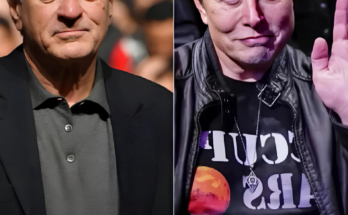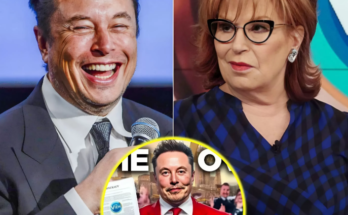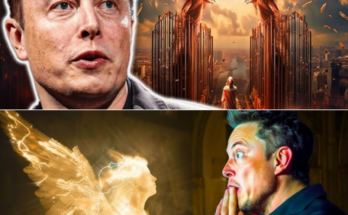The race to dominate space exploration has reached new heights as two of the world’s most influential billionaires, Jeff Bezos and Elon Musk, engage in a fierce rivalry that could reshape humanity’s future among the stars. With a combined $630 billion at stake, this galactic battle represents the cutting edge of innovation, ambition, and determination to claim the final frontier.
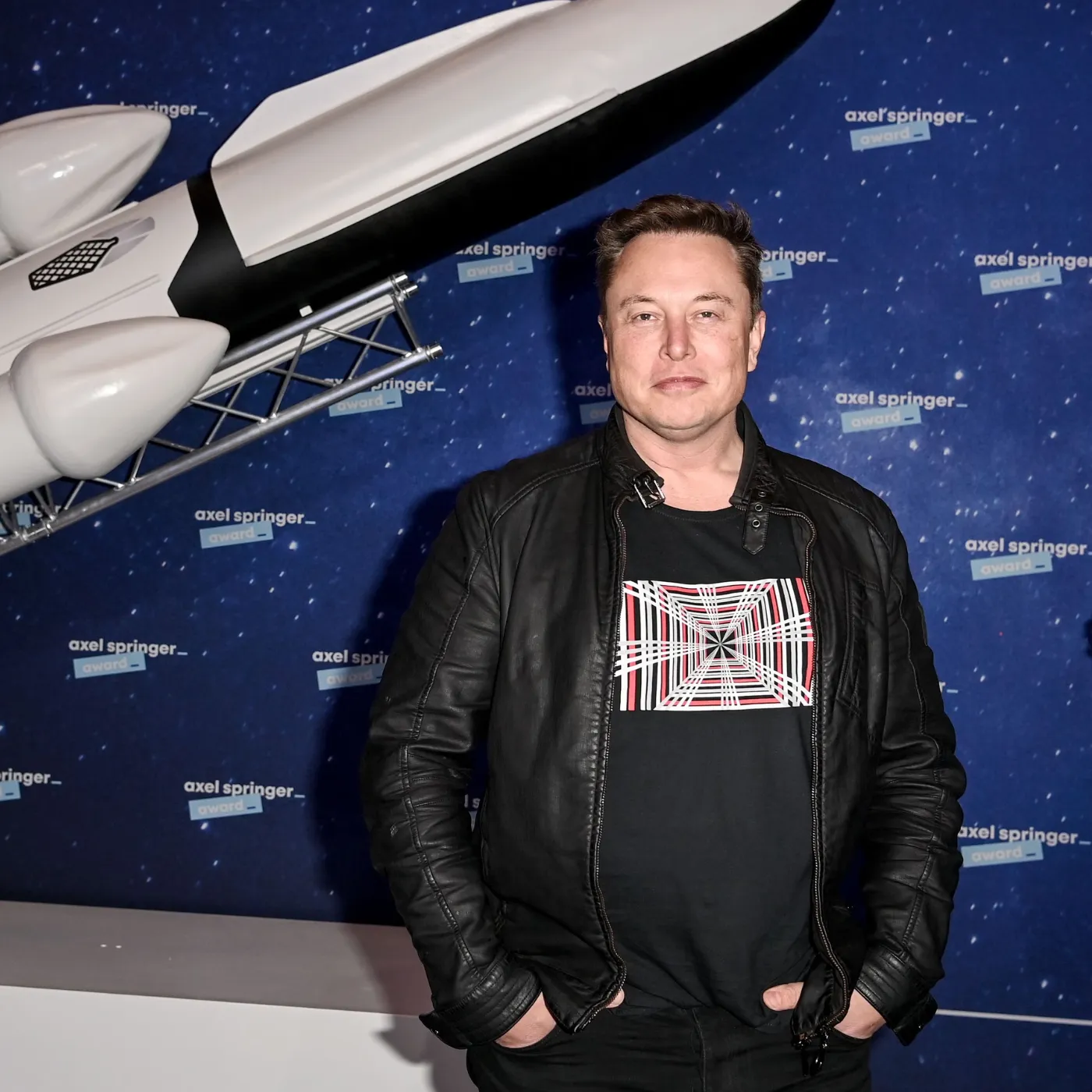
Jeff Bezos and Elon Musk Clash in a $630 Billion Galactic Battle!
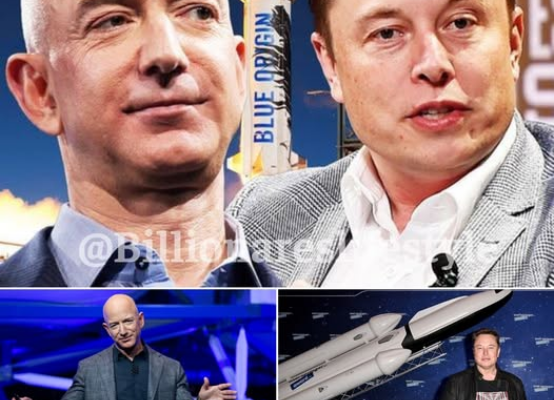
The Rise of the Space Billionaires
Jeff Bezos, founder of Amazon and Blue Origin, and Elon Musk, CEO of SpaceX, have turned their attention beyond Earth, aiming to revolutionize space exploration. Both men share a vision of humanity becoming a multi-planetary species, but their strategies, goals, and competitive nature have set the stage for a historic rivalry.
Bezos, through Blue Origin, focuses on creating sustainable human habitats in space and prioritizes long-term colonization efforts. Musk, on the other hand, has made no secret of his dream to establish a human colony on Mars, with SpaceX leading the charge in cutting-edge rocket technology and interplanetary missions.
The $630 Billion Space Industry
The space industry, valued at over $630 billion, has become one of the fastest-growing sectors in the global economy. From satellite launches and space tourism to interplanetary exploration, the potential for profit and innovation is limitless. Bezos and Musk are not just competing for dominance—they’re racing to define the future of space exploration and humanity’s role in the cosmos.
SpaceX’s Vision: Elon Musk’s SpaceX has already achieved remarkable milestones, including reusable rockets and the successful deployment of the Starlink satellite network. The company’s long-term goal is to establish a sustainable human presence on Mars, with its Starship program paving the way for interplanetary travel.
Blue Origin’s Ambitions: Jeff Bezos’ Blue Origin takes a more gradual approach, focusing on space tourism through its New Shepard rocket and developing technologies for lunar landings and orbital habitats. Bezos envisions a future where millions of people live and work in space, preserving Earth’s resources.
Key Moments in the Rivalry
The competition between Bezos and Musk has produced several headline-grabbing moments that highlight the intensity of their rivalry:
NASA Lunar Contract Dispute:
In 2021, SpaceX won a $2.9 billion NASA contract to develop a lunar lander for the Artemis program, which aims to return humans to the Moon. Blue Origin challenged the decision, filing lawsuits and publicly criticizing NASA’s selection process. While SpaceX retained the contract, the dispute underscored the high stakes of the space race.
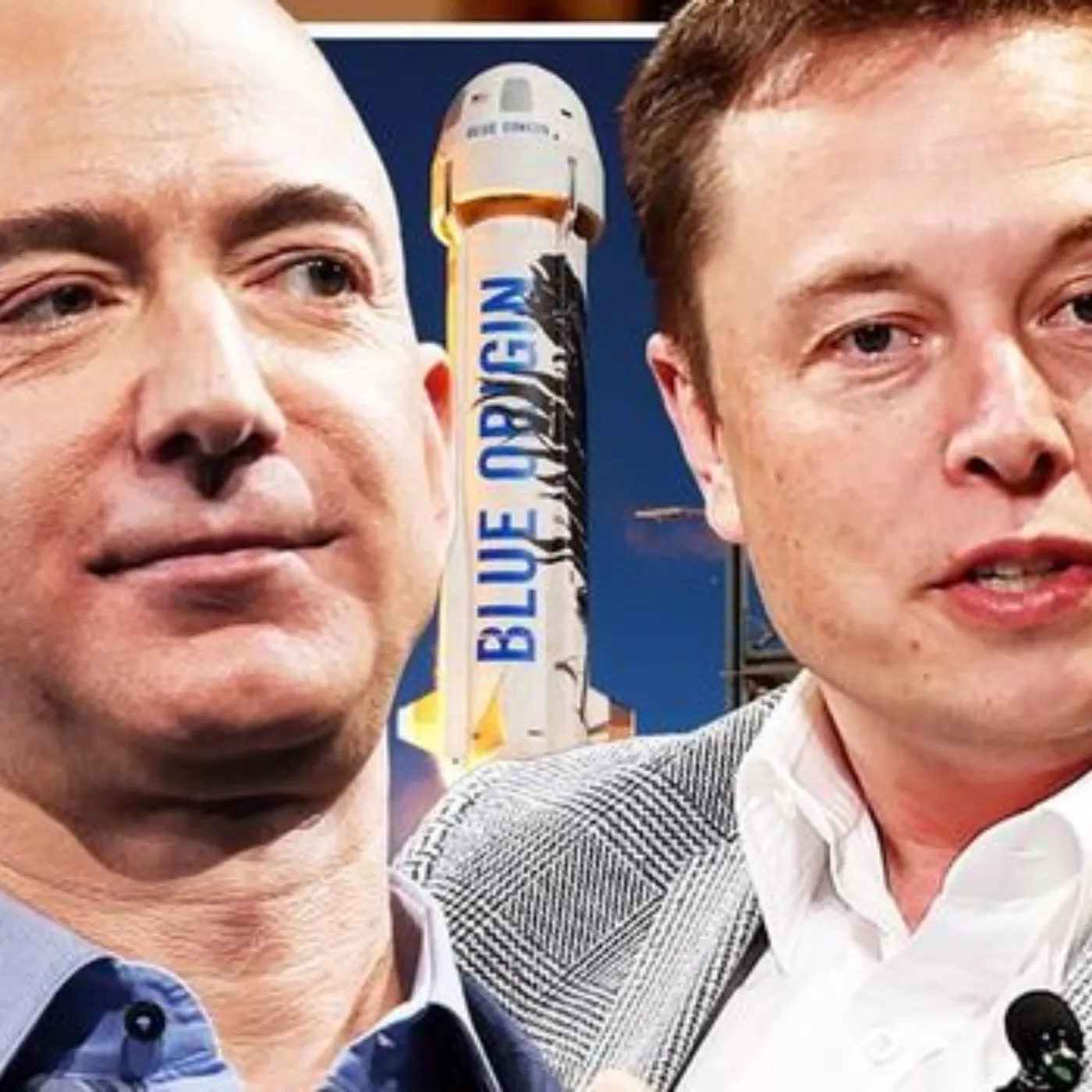
Starlink vs. Kuiper:
Musk’s Starlink and Bezos’ Kuiper project are vying for dominance in satellite internet services. Both seek to provide global internet coverage, but their competition has raised concerns about space debris and orbital traffic management.
Personal Jabs:
The rivalry has spilled over into public comments, with Musk often taking playful jabs at Bezos. Musk has called Bezos a “copycat” and mocked Blue Origin’s progress, while Bezos emphasizes the sustainability and practicality of his approach.
Why This Galactic Battle Matters
The clash between Jeff Bezos and Elon Musk isn’t just about personal ambition or financial gain—it has profound implications for the future of humanity. Their competition drives innovation, accelerates technological advancements, and inspires the next generation of engineers, scientists, and dreamers.
Technological Innovation:
The rivalry has pushed both companies to develop groundbreaking technologies, from reusable rockets to advanced propulsion systems, making space exploration more accessible and cost-effective.
Human Survival:
Both billionaires argue that expanding humanity’s presence into space is essential for long-term survival. Musk cites the need to protect humanity from existential threats, while Bezos emphasizes preserving Earth by shifting heavy industries to space.
Economic Growth:
The space race creates new industries, jobs, and opportunities, with potential benefits ranging from scientific discoveries to space tourism and resource mining.
Criticism and Challenges
While the rivalry generates excitement, it also faces criticism. Some argue that the billions spent on space exploration could be better used to address pressing issues on Earth, such as poverty, climate change, and inequality. Additionally, concerns about space debris, monopolization of resources, and ethical considerations in space colonization remain unresolved.
Despite these challenges, the competition between Bezos and Musk continues to captivate the world, demonstrating the transformative power of private enterprise in space exploration.
What’s Next for Bezos and Musk?
The galactic battle is far from over. Elon Musk plans to conduct crewed missions to Mars within the next decade, while Jeff Bezos focuses on developing orbital habitats and expanding Blue Origin’s capabilities. As technology evolves and their ambitions grow, the rivalry will likely intensify, driving even greater achievements in the space industry.
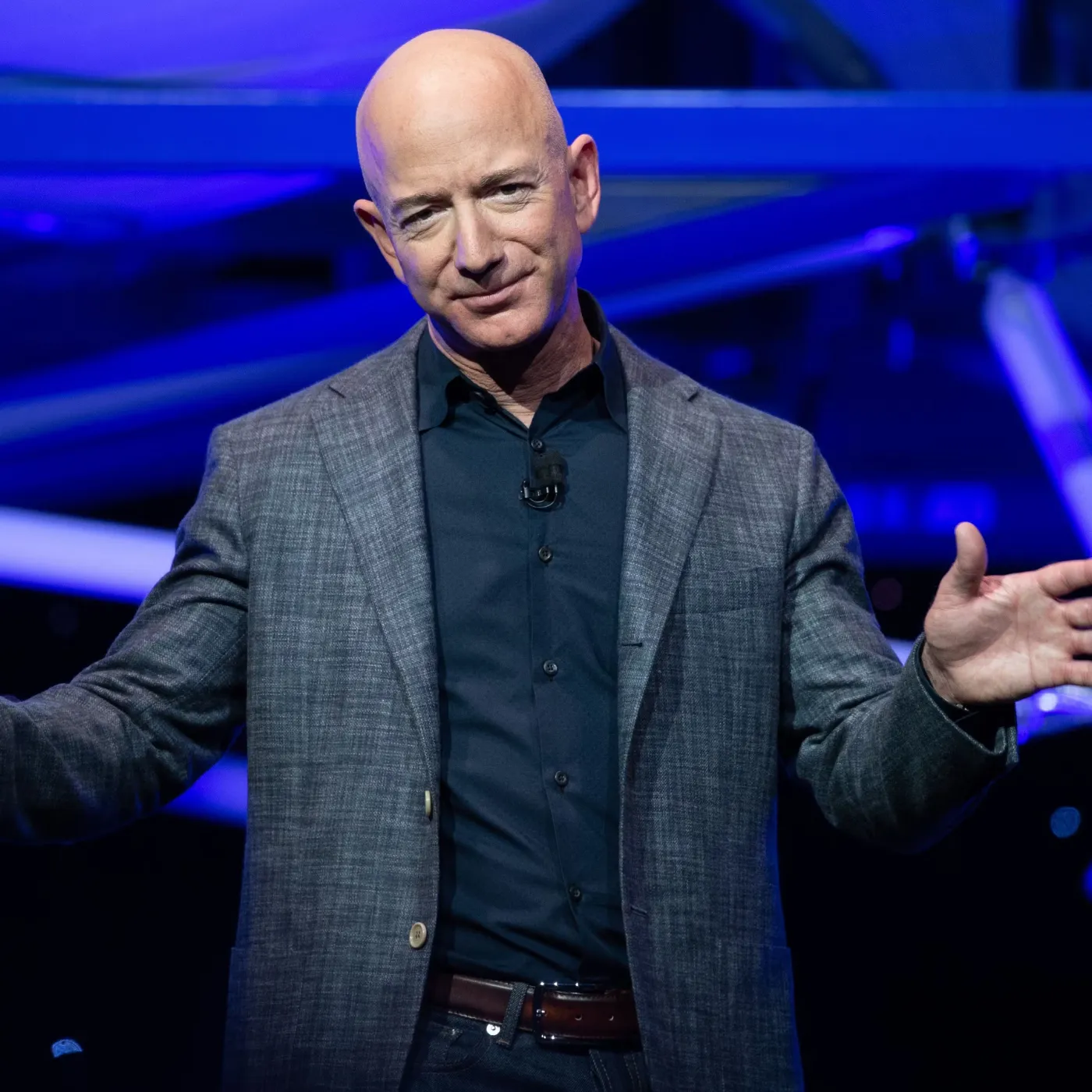
The $630 billion space race between Jeff Bezos and Elon Musk represents a defining moment in human history. Their rivalry transcends traditional business competition, embodying humanity’s desire to explore the unknown and secure a future beyond Earth.
While opinions about their methods and motivations may differ, one thing is certain: the clash between Bezos and Musk is propelling us toward a new era of exploration, discovery, and possibility—one that could shape the destiny of humanity for generations to come.
